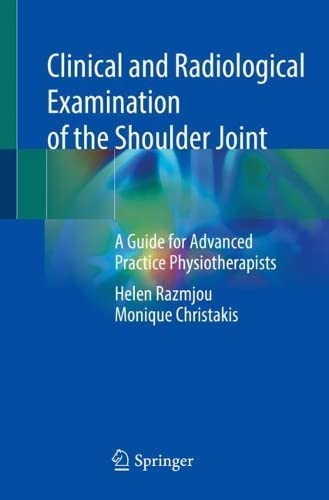

Most ebook files are in PDF format, so you can easily read them using various software such as Foxit Reader or directly on the Google Chrome browser.
Some ebook files are released by publishers in other formats such as .awz, .mobi, .epub, .fb2, etc. You may need to install specific software to read these formats on mobile/PC, such as Calibre.
Please read the tutorial at this link: https://ebookbell.com/faq
We offer FREE conversion to the popular formats you request; however, this may take some time. Therefore, right after payment, please email us, and we will try to provide the service as quickly as possible.
For some exceptional file formats or broken links (if any), please refrain from opening any disputes. Instead, email us first, and we will try to assist within a maximum of 6 hours.
EbookBell Team

4.1
100 reviewsThe extended role physiotherapy has been given increased attention over the past decade in North America and Europe. New models of care with expanded scope of practice for allied health professionals have emerged to respond to a continuous increase in the cost of health care and physician and surgeon shortages, especially in settings that provide services to patients with musculoskeletal disorders in rural areas.
This text book provides detailed information on history, etiology, clinical findings, and most importantly imaging characteristics of major conditions of the shoulder joint, which clinicians often face in the clinic. At present, there are no books that have incorporated the shoulder joint's different pathologies for extended role therapists, physician assistants, or family physicians in one place. This book facilitates practical learning for busy clinicians who wish to improve their expertise without having to read multiple books on the subject.
The first nine chapters of the book incorporate the historical perspective of the common shoulder conditions with details on the pioneers who first introduced the pathology in the medical journals. The clinical and imaging hallmarks of each disorder then follow the historical perspective section to assist with identifying the pathology and selecting the best management. Chapters 10-12 provide detailed information on indications and contraindications for different modes of procedural imaging and the specific presentation of common shoulder pathologies on plain radiographs.
Written by the experts in the field, Clinical and Radiological Examination of the Shoulder Joint is a valuable resource for advanced level physiotherapists, family medicine physicians, and specialized physician assistants.